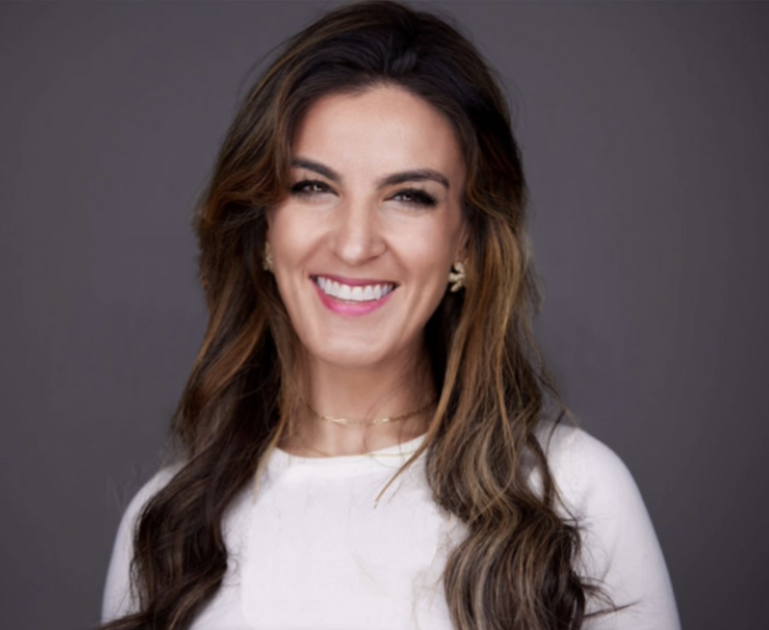
“All you need is love”
“Relationships are the spaces where you feel loved, supported and understood”
“Love yourself and you will be loved by others”
Do these sentences make you squint and want to look the other way? It is common knowledge that we are all wired for connection. Love does truly make the world go round, but what does that mean when you’re not feeling the “love” or when connections make you feel confused?
Let me introduce you to something called relationship anxiety. Relationships anxiety is a type of anxiety that comes in the way of you creating and building strong, healthy and fulfilling bonds with others.
why should you know about relationship anxiety?
If you’re struggling in relationships, awareness is the first step in understanding the issue at hand, and then to taking steps for relief.
Let’s look at where relationship anxiety comes from and what you can do so that you don’t perpetuate anxiety in current and future relationships.
relationship anxiety- what is it exactly?
If one or both of your parents had anxiety, depression or other mental health issues and could’t take of what you needed from them, you might have taken on the false belief that you were not deserving of support, love and care.
Why do I say “false”?
you do not need to “earn” love and care.
It is every single child’s right to be cared for, and if you resonate with “I must not be worthy”, please know that it’s a belief you took on to get through (survival defense), but that does not mean it is actually true.
As an adult, if you find that you pull back when a loved one wants more connection and intimacy, take a moment to check if the anxiety from the past relationships is related to this pulling away. You might also notice that you get clingy and feel “needy” when someone shows you that you can rely on them. The safety is something you may have sought for years and now you feel like a child grabbing a blanket for warmth. A part of you knows these behaviors are stemming from younger, child parts, though you want to be able to connect from a primary adult self (Journal of Clinical Child & Adolescent Psychology, 2011).
It’ s normal to have a pull from a younger part of self ( or inner child) when engaging in new relationships. You can learn ways to better navigate love, but first, let’s help you understand attachment patterns which is the patterns you learnt from when you were younger.
4 primary attachment styles
1.Secure attachment
As a child, if you felt safe and were soothed when upset, and were reassured by your mother/father, you developed security in attachment. Since your needs were met when you expressed them, you felt acknowledged and heard by your parents as you were developing. This security in knowing you will have what you need, or at least, heard and supported, gave you a sense of inner comfort and safety in who you are.
When in adult relationships, you trust the other person to be there for you when you need. You get that your partner is a separate individual and has their own independence, but you still connect and ask for things from each other within healthy expectations (Becker- Phelps, 2014).
2. Anxious Preoccupied attachment
As a child, you got a verbal or non-verbal message that your needs were not important. When you needed comfort or support, your parent may have turned away ( usually due to her/his own anxieties, traumas or mental health issues). Instead of the soothing and help you sought in making sense of anger, hurt or pain, you were left to tend to big feelings on your own.
When you get the message that emotions don’t matter, instead of feeling empowered and able to survive feelings, you feel scared when any situation arises that brings emotions forward. Instead of staying with and expressing emotions you feel, you learned to shove the feelings inside. When we shove feelings instead of communicating them, the body feels restless and expresses all forms of anxiety and irritability. In relationships, this expresses itself with seeming needy and clingy to others because you’re seeking unconsciously comfort from the external world.
3. Dismissive avoidant attachment
In these situations, there was a passivity that you received from your parents. You existed but you may have felt like a “thing” that was part of the house as apposed to a person who had feelings, needed physical touch, emotional presence and bonding experiences. As an adult, you might feel like it’s painful to be emotionally available to to others, and you might deny the importance of your loved ones in your life. You might avoid conflicts instead of deepening your relationship, and the other person in the relationship (or family members/children) may tell you that they often feel ignored by you (Behary & Skeen, 2014).
4. Fearful avoidant attachment
You’re stuck between two strong feelings; you crave love and attention from your loved ones, but you’re terrified of getting too close.
You want closeness, but something about intimacy and honest closeness makes you worried that you’ll end up feeling hurt, and even disappointed. To avoid the anticipated pain, you end up running away from people who love you, by avoiding thoughts, feelings and issues that arise instead of facing them head up and working them through.
This may stem from the fact that every time (or most of the time) you had a hope or expectation from a parent, you ended up not getting what you hoped for and were left feeling heartbroken (Heller & Levine, 2012).
The above are broad attachment types,and although we all have a primary attachment patterns, you may notice differences in the way you engage and interact in different relationships. Some relationships will promote a feeling of safety and others may invoke feelings of insecurity, doubt and fear.
Since attachment is the connection between two people you may have more of a secure attachment with someone who has been steady in your life and you may feel more anxious with someone who has been inconsistent o (or caused harm) in your life.
Now, if you notice some anxiety in your current relationships, don’t fret. Awareness is the first step to making a change.
Regardless of your attachment style or type, you can choose to practice skills today to make your connections better!
If you want easy tips to reduce relationship worries that are keeping you in a frustrating cycle, read “9 Ways to Reduce Anxiety in Your Relationships”.
Looking for more than self-help tips? Desiring more meaning in your life, and finding a better way of connecting is commendable. If something about this article gave you a little nudge, it may be time to seek a therapist who specializes in attachment, anxiety, relationship issues and trauma related issues.
*originally posted on integrativepsych.co
___________________________________________________________________________________________________________________
Sources:
Becker- Phelps, 2014. Insecure in Love: How Anxious Attachment Can Make You Feel Jealous, Needy, and Worried and What You Can Do About It
Behary & Skeen, 2014. Love Me, Don't Leave Me: Overcoming Fear of Abandonment and Building Lasting, Loving Relationships
Heller & Levine, 2012. Attached: The New Science of Adult Attachment and How It Can Help YouFindandKeepLove
The Relation Between Insecure Attachment and Child Anxiety: A Meta-Analytic Review. Journal of Clinical Child & Adolescent Psychology 40 (4): 630-45, July 2011.
As the Clinical Director and Owner of Integrative Psychotherapy, I supervise and consult mental health providers at Integrative Psychology on incorporating evidence-based trauma-informed practice into their work.
As a consultant, and trauma therapist educator, I Provide EMDR consultation for therapists accruing hours towards EMDRIA certification. As well, I incorporate Sensorimotor (trained in I, II & III) and IFS (trained in I & II) interventions into supervision. My Focus is on attachment trauma, developmental trauma, dissociation, and chronic anxiety.
As a trauma specialist, I provide psychotherapy to executives and professionals. I treat anxiety, depression, family-of-origin work, relationship/intimacy issues and attachment-related disorders. As well, I work with survivors of sexual abuse, trauma & complex PTSD; and the complicated grief, shame, and dissociative disorders that come along with it.
Website: Integrativepsych.Co
 Previous
Previous


